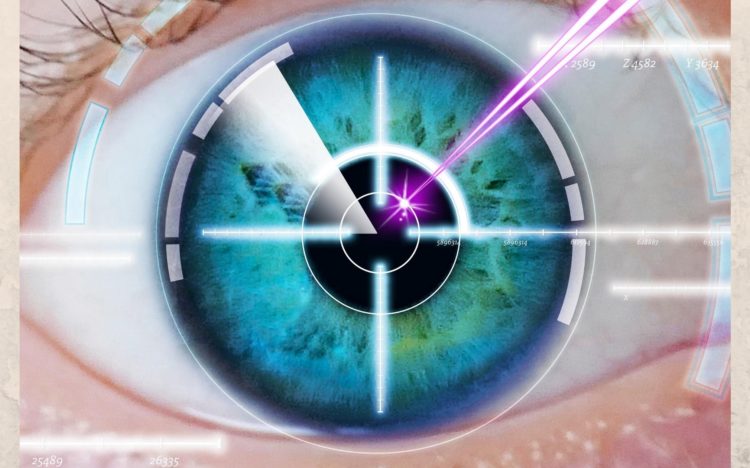A cataract is a common cause of low vision in adults across the globe. Most people have cataracts to some extent by the time they reach the age of 90. Fortunately, most cataract cases can be treated successfully. Know in this post everything about laser cataract surgery.
Although eyeglasses may help improve vision during the early phases, surgery would be a better choice for long-term treatment since cataracts get worse progressively in adults. Laser eye surgery is one of the best surgery methods for cataract treatment. Here is what you need to know about laser cataract surgery, including its benefits.
What Is Laser Eye Surgery?
Table of Contents
This type of surgery utilises a beam of light or laser to destroy abnormal or unwanted eye tissue. It is usually used to correct the patients’ visions by reshaping their cornea. In most cases, patients who have undergone laser eye surgery no longer need to wear glasses or contact lenses.
During a laser cataract surgery, specialists usually utilise the laser to perform every incision and soften the cataract and remove it by ultrasound via phacoemulsification. Phacoemulsification helps break up and eliminate the cloudy lens.
Laser cataract surgery is useful in the following situations:
- Correct astigmatism
- Align an astigmatism-correcting intraocular lens or IOL
- Softens a dense cataract
Apart from cataracts, laser eye surgery can correct or treat various eye disorders, including:
- Certain cases of age-related macular degeneration
- Certain glaucoma cases
- Diabetes eye illnesses
- Retinal tears
- Retinopathy in premature infants
- Vision issues because of a misshapen cornea
There are various laser eye surgeries provided to correct vision, including LASEK, LASIK, SMILE, ASLA, and PRK.
Why Is Laser Cataract Surgery Better?
Compared to the standard cataract surgery, laser-assisted surgery may be a better and safer method due to the following reasons:
- It requires less energy, using 45% less ultrasound energy to remove the cataract compared to the traditional treatment. Also, surgeons use 45% lesser movements in the eyes which received laser pre-treatment.
- It results in fewer cell damage in terms of endothelial cells loss as opposed to standard treatment that causes one to seven per cent cell loss.
- It produces precise incisions every time, which is difficult with manual surgery.
- Enables doctors to perform accurate and standardised capsulotomies, which involves opening and removing the lens capsule’s part to create space for the new lens.
Also Read: Protect yourself from viruses with the use of Nasal air filters
Nevertheless, not all people are suitable for laser cataract surgery. These people include:
- Individuals under 18 years old
- People with an abnormal cornea
- People with a physical condition that hinders healing
- Those who have very dry eyes
- Diabetic people
- People with keratoconus
- People with unstable vision
- Persons with an autoimmune disorder
- Those who have contracted herpes in the eyes
- Persons who take some medications
- Those who perform activities which may harm the eye
What To Ask The Doctor Before Opting For Laser Cataract Surgery?
Before undergoing laser cataract surgery, patients should consult with their eye specialist. Some topics they may need to discuss are:
- What are the risks and adverse effects of the surgery?
- How long will the recovery take?
- How much will the procedure cost?
- Do they still have to wear glasses or contact lenses after the surgery?
- Do they need to use eye drops long-term?
- Do they have to undergo a second procedure, and is it included in the initial fees?
Conclusion
Laser cataract surgery is an effective and safer alternative to standard manual cataract surgery. Still, you should first consult with your doctor on the best approach for you before opting for one.




















